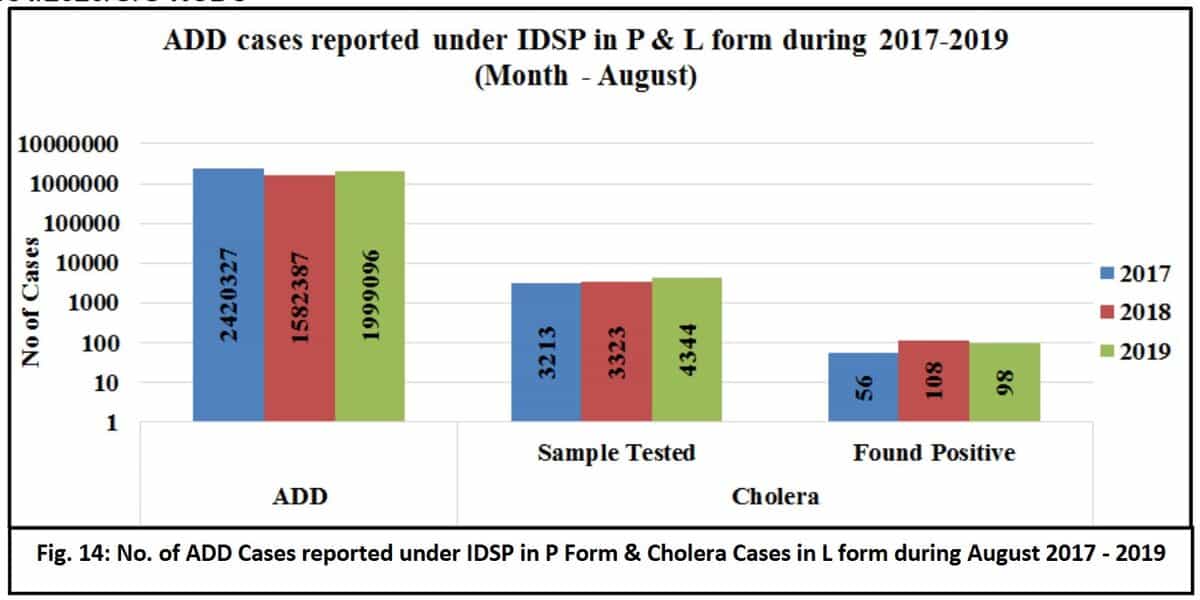The street food vending business is an age old practice in India as a source of earnings. Street foods are Ready-To-Eat foods and beverages prepared and sold by vendors on the streets and at other public places. The different types of street food vending sites include small brick & mortar shops, push carts, roadside stands and hawkers. In the recent years the changing food demands of the urban dwellers, the need for cheaper & tasty foods have rapidly grown the street food vending business in India. Although street food options are always tempting, keep in mind there are also several health hazards associated with this sector.
All street food vendors must register with FSSAI and follow basic hygiene guidelines, but authorities find it difficult to monitor their activities because of the small-scale nature of the business. That leaves a lot of room for vendors to conduct unhealthy practices. For example, the water used for golgappas may not be potable and very likely contaminated leading to diseases like typhoid and cholera. Water-borne illnesses can lead to gastroenteritis, diarrhoea and serious diseases like typhoid and cholera. It is also not uncommon to find fruit juices from street vendors, kept in the open in unhygienic conditions. The results of such practices pose serious concerns over the health of the consumers.

Each year millions of people get sick from foodborne/waterborne illnesses. Monsoons are typically bad for waterborne diseases. As per IDSP (Integrated Disease Survillance Program), run by Nation Center of Disease Control, 24,20,327; 15,82,387 and 19,99,096 cases of Acute Diarrhoeal Disease cases, were reported by States/UTs in the month of August in 2017, 2018 and 2019 respectively. Out of this 3213, 3233 and 4333 were tested and 56 ,108 and 98 tested positive of Cholera. The numerous outbreaks continue to pose a health risk for people.
In light of the recent cholera outbreak that happened in South Bangalore which pushed the BBMP to evict the street food vendors, we are listing some basic food safety considerations that will benefit both the street food vendors as well as their customers.
- Select a place where the surroundings are free of sources of contamination. For example, no cluttered garbage in the vicinity.
- Segregate waste according to local government rules and remove it promptly to avoid attracting pests.
- Use potable water and store it properly.
- Wash hands before and after preparing orders.
- Keep the area clean. Wash counters, cooking equipment, utensils, and tools regularly.
- Cook food to appropriate temperatures where necessary, and check and monitor it for safety.
- During transportation, store and preserve food properly, using ice when needed.
- Keep raw foods separate from cooked foods. Use different utensils for vegetarian and non-vegetarian, raw and cooked items.
- Protect food on display from flies and dust.
- Wear clean clothing and hairnets. Keep fingernails trimmed and clean.
- Serve food hygienically. FSSAI banned the use of newspapers for serving food since July 2019.
- Dispose of leftovers immediately.
Along with good hygiene and sanitation practices, there is a great need for improvement of the environmental conditions at these street vending sites in order to prevent outbreaks. It is very essential for the regulatory bodies to monitor the vending sites closely and to help provide the vendors continuous training so as to help address the lack of food safety and quality.
As we had pointed out in the article published in citizen matters, eviction is really not a solution. Knowledge and better enforcement is the key to ensuring safe street food. As customers, it is also our responsibility to highlight to the vendor when we see this not being followed so that they know the customer cares. After all it is upon us to preserve the street food for what would Mumbai be without the Vada Pav, Delhi without the Chole Kulchay and Bangalore without the 99 variety dosa.